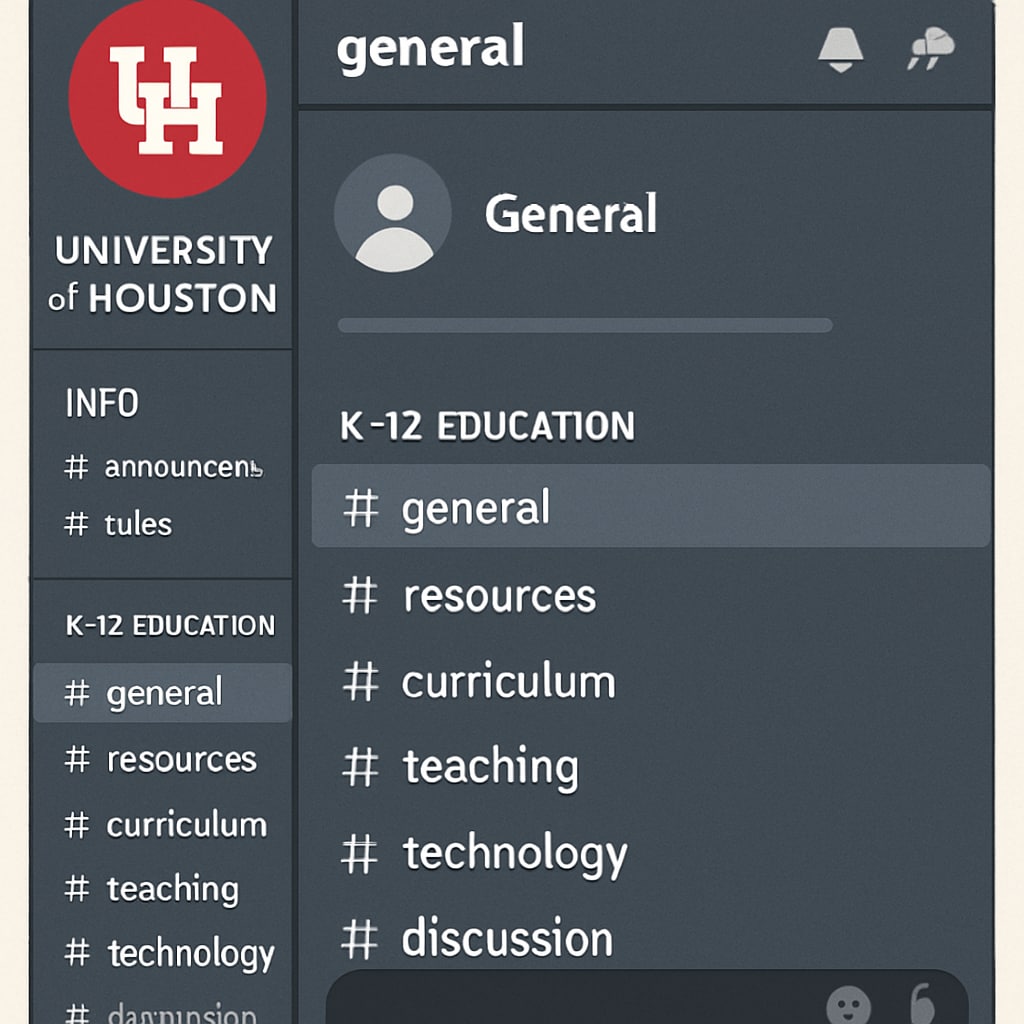For students in the K12 education program at the University of Houston, utilizing study groups and online platforms like Discord can significantly enhance their academic journey. These resources not only foster collaboration but also provide access to diverse perspectives and ideas. In this guide, we explore how you can build an academic community, leverage existing learning resources, and create meaningful connections that will benefit your professional development.
Why Academic Communities Matter
Academic communities are integral to both personal and professional growth, especially in collaborative fields like education. By participating in study groups, students can exchange knowledge, clarify complex concepts, and develop critical thinking skills. Platforms like Discord further facilitate real-time communication and resource sharing, making it easier to stay connected and engaged.
For K12 education students, these communities also serve as a testing ground for teaching strategies and lesson plans. Discussing educational theories and practices within a group setting helps refine ideas before applying them in real-world classrooms. According to Wikipedia’s entry on education, peer learning is a powerful tool for enhancing understanding and retention.

How to Find Study Groups and Platforms
Finding the right study group or online platform to join may seem daunting at first, but there are several practical steps you can take:
- University Forums: Check official University of Houston forums or departmental bulletin boards for announcements about study groups.
- Social Media Groups: Platforms like Facebook often host university-specific groups where students can connect and form their own communities.
- Discord Servers: Many universities, including the University of Houston, have dedicated Discord servers where students can join topic-specific channels. For example, a channel for K12 education students may provide resources, Q&A sessions, and discussion threads.
Once you’ve identified potential groups or platforms, take the initiative to introduce yourself and actively participate. Being proactive not only helps you integrate but also positions you as a valuable member of the community.
Creating Your Own Learning Community
If existing groups don’t meet your needs, consider creating your own. Here’s how you can get started:
- Identify a Purpose: Define the specific goals of your group. For example, is it to study for exams, brainstorm lesson plans, or discuss educational theories?
- Choose a Platform: While Discord is a popular choice for its versatility, you can also explore alternatives like Microsoft Teams or Slack.
- Schedule Regular Meetings: Consistency is key. Decide on a meeting frequency that works for everyone and stick to it.
- Promote Your Group: Use university forums, social media, or even in-class announcements to invite peers to join.

Maximizing the Benefits of Online Platforms
Online platforms like Discord offer a wide range of tools that can enhance the study group experience:
- Voice and Video Channels: Perfect for hosting virtual study sessions or workshops.
- File Sharing: Easily share PDFs, slides, and other resources with your group.
- Custom Channels: Organize discussions by topic to keep conversations focused and productive.
In addition to these features, platforms like Discord foster a sense of community by enabling informal interactions. For example, you can create a “general chat” channel for casual conversations, which helps group members bond on a personal level.
Conclusion
Building and participating in academic communities through study groups and online platforms like Discord can greatly enrich your learning experience at the University of Houston. These resources not only help you succeed academically but also prepare you for a collaborative professional environment. Whether you join an existing group or create your own, the key is to stay active, engaged, and open to new ideas. As a result, you’ll find yourself more connected and better equipped to thrive in your chosen field of K12 education.
To learn more about the benefits of collaborative learning, visit Education on Britannica.
Readability guidance: Short paragraphs, active voice, and clear transitions ensure readability. Lists and subheadings break down key points, maintaining engagement and focus.


